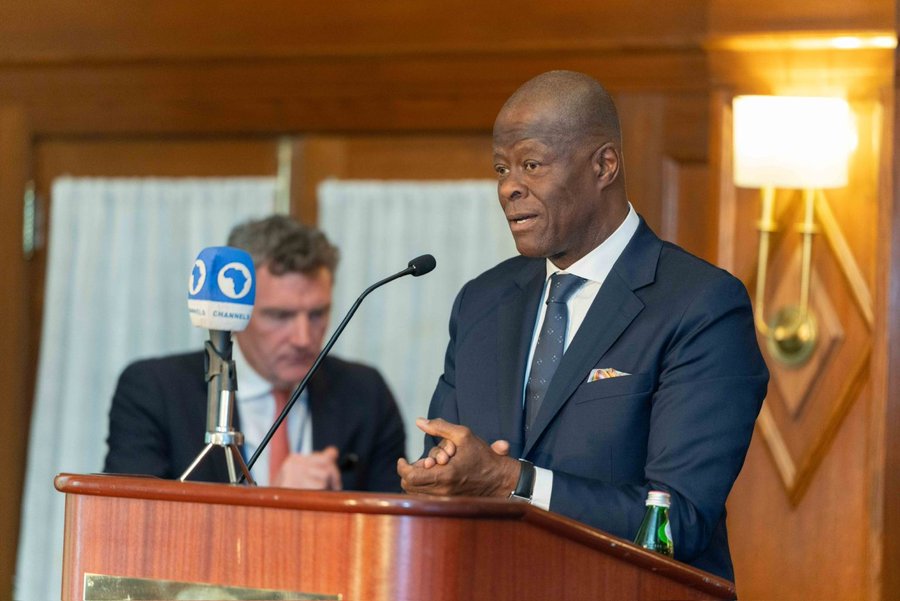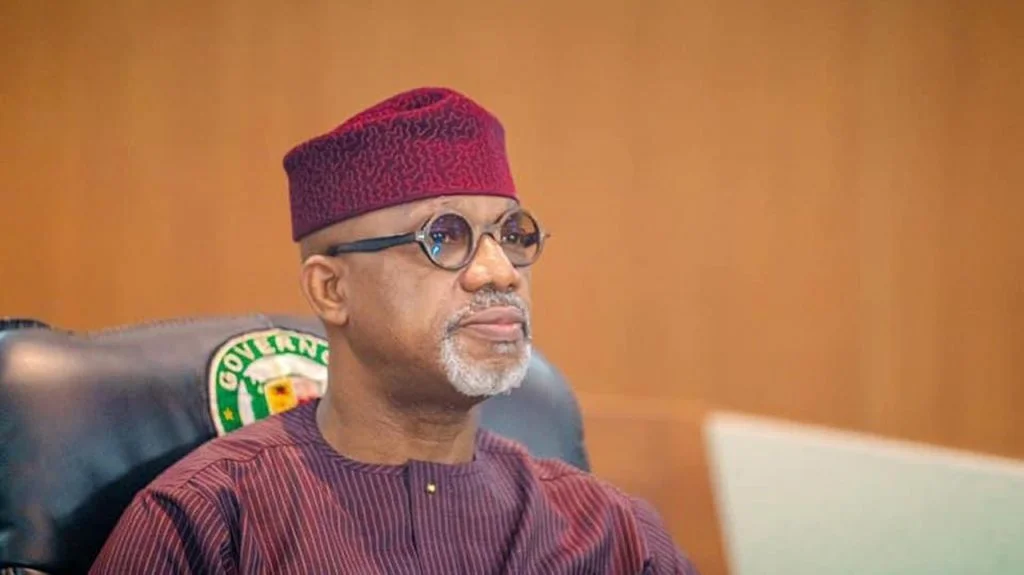Nigeria’s Economy Well Placed to Withstand Global Shock, Boasts Edun

The Minister of Finance and Coordinating Minister of the Economy, Mr. Wale Edun, has expressed optimism that Nigeria is well equipped to withstand the current global economic uncertainties.
Edun made this statement during a press conference at the end of the 2025 International Monetary Fund (IMF) and World Bank Spring Meetings in Washington D.C.
According to Edun, the Federal Government has implemented measures to reduce the inflation rate to single digits and create more jobs, in collaboration with development partners like the World Bank. The objective is to empower youths and support them through essential infrastructure, including digital infrastructure, access to data, internet, and fibre optic networks, to enable them to work remotely.
The minister revealed that Nigeria’s unemployment rate had dropped to 4.3 percent in the second quarter of 2024 from 5.3 percent in the first quarter of 2024. He attributed this improvement to the government’s reform agenda, which is yielding positive results.
The Governor of the Central Bank of Nigeria (CBN), Olayemi Cardoso, acknowledged the impact of inflationary pressures on the country. He stated that the government’s policy stance is focused on bringing inflation down to single digits in a sustainable manner over the medium term. Cardoso noted that the painful reforms embarked upon by the country are now yielding positive results, with Nigeria becoming a reference point for how reforms can change the economic trajectory of a nation for the better.
Cardoso also disclosed that the recapitalisation efforts in the banking sector are gaining momentum, with maximum support and compliance from all stakeholders. The CBN has set the capital base for financial lenders nationwide, aiming to enhance banks’ ability to fund large-scale projects and drive economic activities.
The CBN governor revealed that the country recorded a balance of payments surplus of $6.83 billion in 2024, principally on the back of rising exports and capital inflows. This has supported the stability of the domestic unit, boosted investor confidence, and discouraged speculative arbitrage.
Cardoso stated that the Tinubu-led government plans to set the nation on an ambitious trajectory of becoming a $1 trillion economy by 2030. The CBN has set the capital base for financial lenders nationwide, highlighting its goal of enhancing banks’ ability to fund large-scale projects and drive economic activities.
The Chairman of the Senate Committee on Finance, Sen. Sani Musa, commended the economic team of the administration for doing well on the fiscal aspect of the economy. He expressed confidence that the country is doing well to reposition the financial system to restore confidence and reduce poverty.
The Nigerian delegation, led by Edun, held a series of meetings with fund managers, global financial leaders, and multilateral institutions investors. The meetings aimed to cement existing relationships, create new partnerships, and spread the news of the dividends of Nigeria’s economic reforms.
The News Agency of Nigeria (NAN) reports that the delegation included the Governor of the Central Bank of Nigeria, Olayemi Cardoso, Director-General of the Debt Management Office, Patience Oniha, and other top government officials.
In related news, the Nigerian economy has been gaining traction, with the country’s economic indicators showing significant improvement. The government’s efforts to diversify the economy, increase foreign investment, and improve the business environment have started to yield positive results.
As the country continues to navigate the challenges of the global economy, the government remains committed to its reform agenda, aimed at creating a more stable and prosperous economy for all Nigerians.







